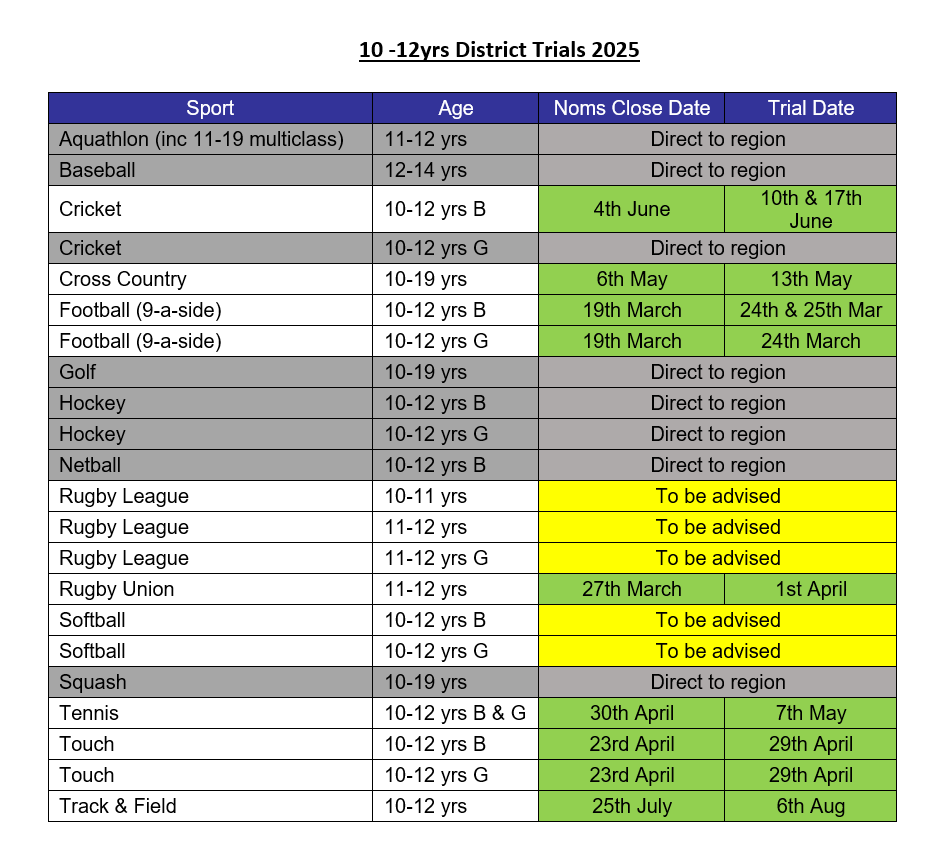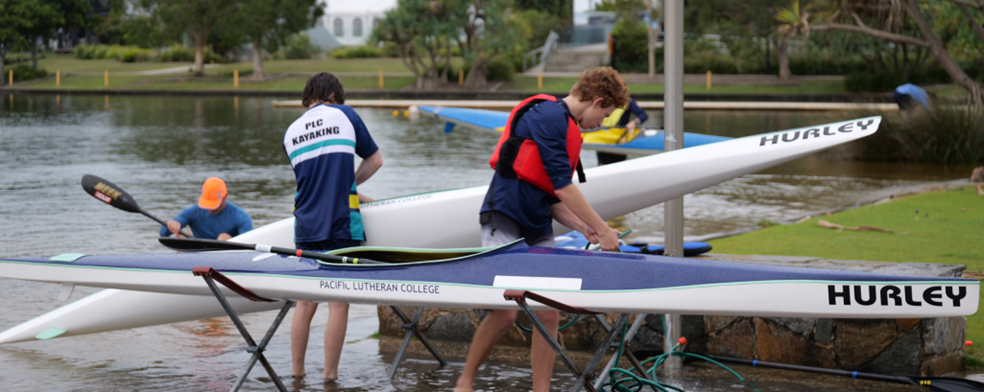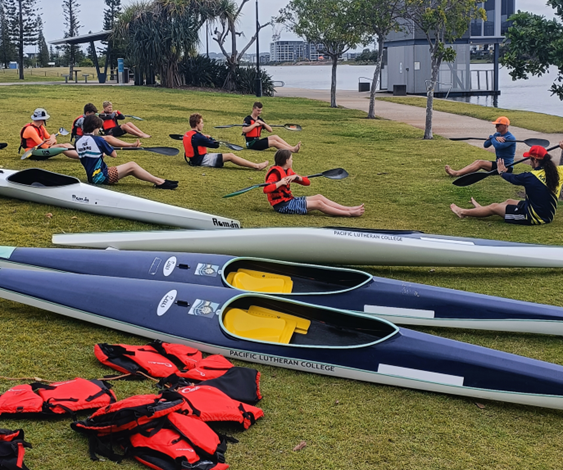Communicating within the Pacific Way
Every Monday morning, our Junior College assembles to hear about what is happening around our College. This connection time allows for holistic messaging that reflects the thread for the week as well as expanding on key teachings of our College ethos and “You Can Do It” lessons. Our alternating split assemblies in Foundation and Junior College, allow us to better tailor our messages to a more specific audience. New audio equipment under our Junior College buildings supports our split assemblies effectively.
Additionally, this year we continue to embed the language of the Pacific Way across the Junior College. Our intentional focus includes developing a sense of self, managing interactions with others and deepening connections with spirituality, service and the environment. Our Junior Diaries (Junior College Student Handbook 2025) address our expanded message for the week and in recent weeks we have focused on what it means to be independent and responsible in all areas of College life.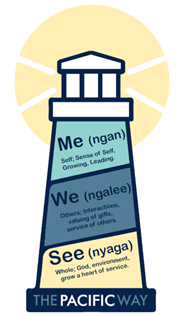
Our theme of Co-creating Better Futures sits seamlessly into our philosophy regarding The Pacific Way. The theme will be explored further through our assemblies where these intentions are driving and evolving learning. Students will have the opportunity to contribute to what is valued and reword what our over-arching statements mean to individual year levels as well as to dissect beacons, unique and valued experiences in year levels. Student voice allows these documents to evolve and provide touchstones and certainty as we support our students now and into the future.
This term’s theme for “You Can Do It” surrounds relationships and connects seamlessly to our “Learning Together” pillar. At our assembly last week, Mrs. Atkinson's “You Can Do It “provided a structure to better understand what positive relationships look like to us. During the term concepts such as connecting with others, understanding peer pressure and solving conflict productively will be covered.
Friendships are not always straightforward. Part of our understanding of relationships is recognizing that problem-solving and differences of opinion are normal. They are part and parcel of the whole picture. All of us are human and err from time to time and as individuals, we all have thoughtful awareness from which to navigate. Our restorative framework provides the scaffold from which to mend relationships that may, wander off track. The mercy that our faith provides empowers us to offer true forgiveness.
We look forward to supporting our students when working with each other across all areas of the College and thank our remarkable staff for the commitment they show to developing this in our students.
Kids in Action Initiative
As part of the opportunities available to Year 5 students, students have the chance to be part of the Kid’s in Action (KIA) group. During last year, this group identified a possibility in supporting emotional regulation of our young people by representing emotions as animals.
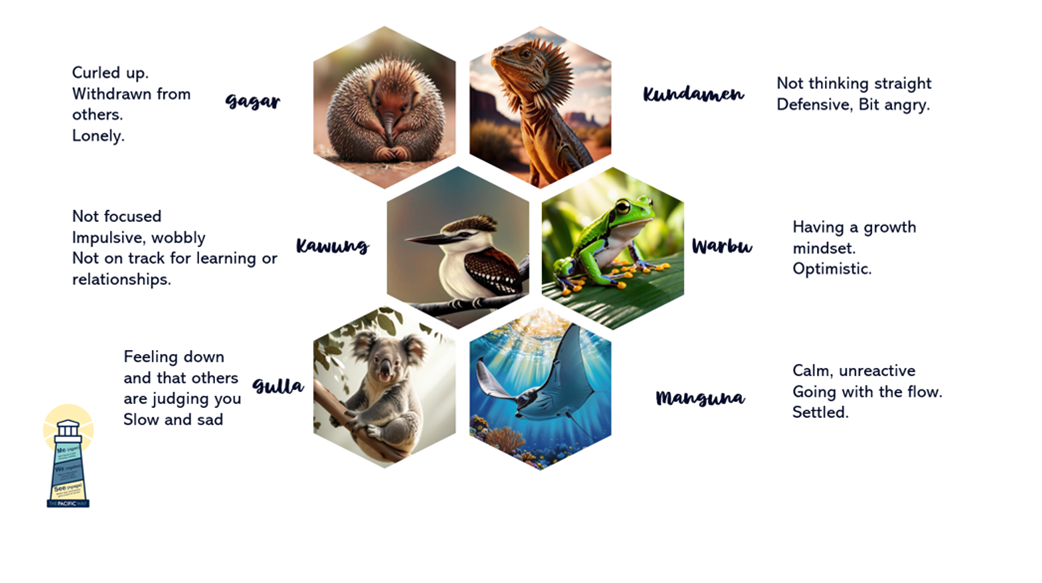
Supporting students in recognizing and understanding their emotions is essential for their overall well-being and development. By providing a common language for all Junior students, they created a shared framework that allows them to express and articulate their feelings with confidence. Equipping students with strategies to identify their emotions and guide themselves back to a balanced state—symbolized by the manta ray/neutral—helps them develop self-regulation skills that are crucial for both learning and social interactions.
Implementing an engaging and memorable approach to managing, sorting, and controlling emotions at the College ensures that students feel supported and empowered in their emotional growth. Through this structured yet accessible system, students can navigate their feelings effectively, fostering a positive and inclusive school environment.
We look forward to continuing the work begun by our KIA group last year throughout the year.
Restorative Approaches
Of course, from time to time, our interactions can lead to harm. Both intentional and accidental. Actions of others can impact the well-being of all. At Pacific, we use these events as learning experiences and give voice to all sides to encourage a holistic view of what has transpired. A crucial part of the Pastoral Care process at Pacific is the attention and faith given to supporting students through restorative frameworks. It is the purpose of restorative practice to build or mend relationships that are worthy of maintaining. Restorative Circle Times can take many forms and serve many purposes. Restorative Conferencing can be a process that addresses wrongdoing and conflict and can seek to repair damage to relationships.
The implementation of Circle Time is an important part of our framework. Circle Time is a practical way to skill young people to listen with understanding, tune into feelings, and begin to see the world from others’ viewpoints. These Circle Times are intentionally timetabled into classes to build and maintain relationships and encourage a sense of belonging. The ‘grab and go’ Circle Time kit covers such topics as dealing with arguments, what we need when we are hurt, and blaming versus fixing. The skills built within this environment aim to build our students' capacity further to navigate the sometimes-confusing world of interpersonal relationships.
As a College, we encourage our students to be vocal about such incidents whilst at school. Circle Times and Restorative Conferencing provide an avenue for children to articulate any potential issues that may have occurred. Our hope as a College is that we are encouraging agency within our students to speak up in a safe and supportive environment and undertake the due process to restore the relationships that may have suffered harm. These restorative processes can be the beginning of a journey to repair harm, and at times, require continuous monitoring. Communication is vital, and I encourage you to keep in close contact with your child’s classroom teacher should you need to give further information or need clarification on pastoral matters.
Take care and God bless.
Mr Damian Davis, Head of Staff and Student Engagement: P-5

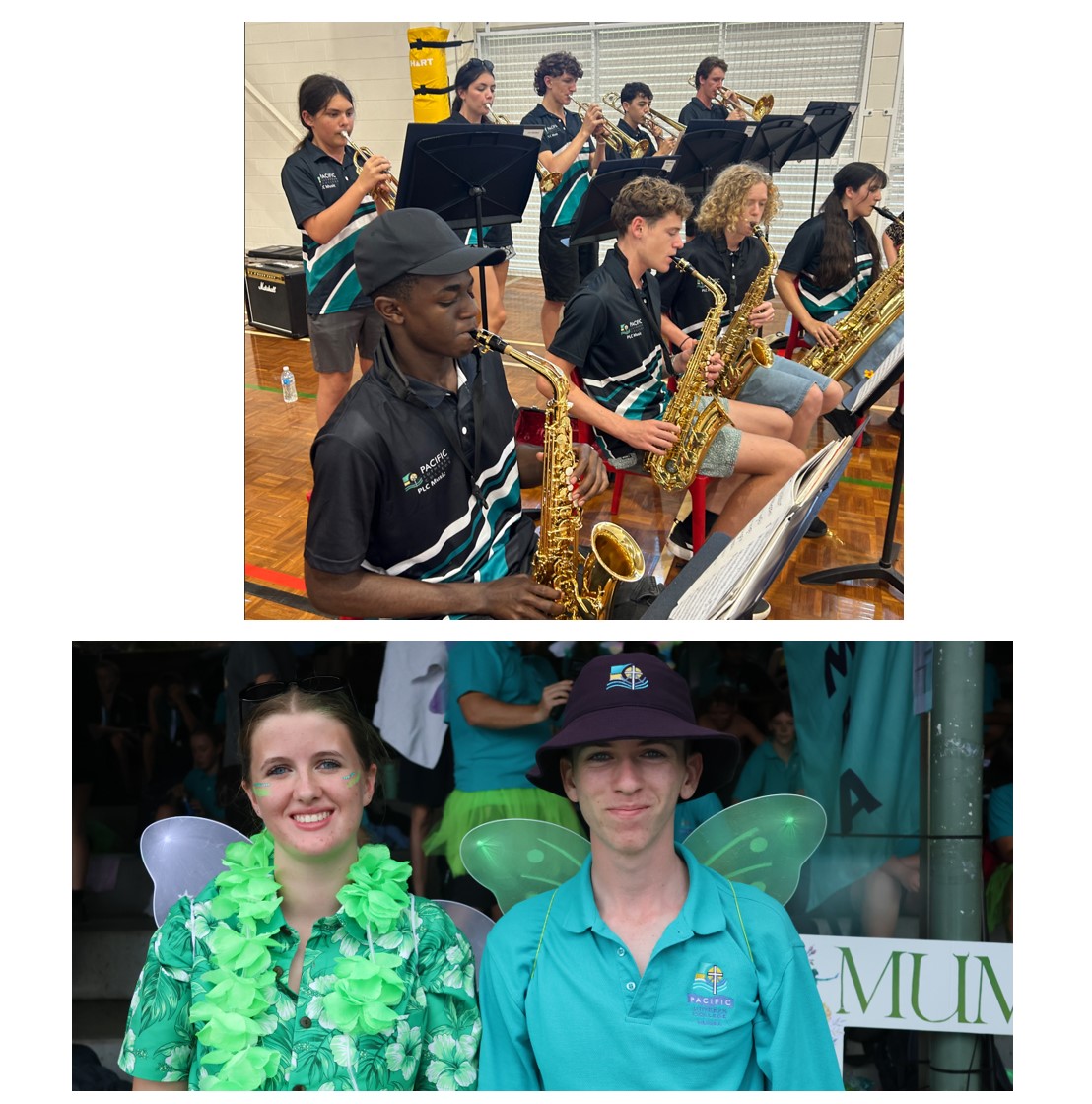
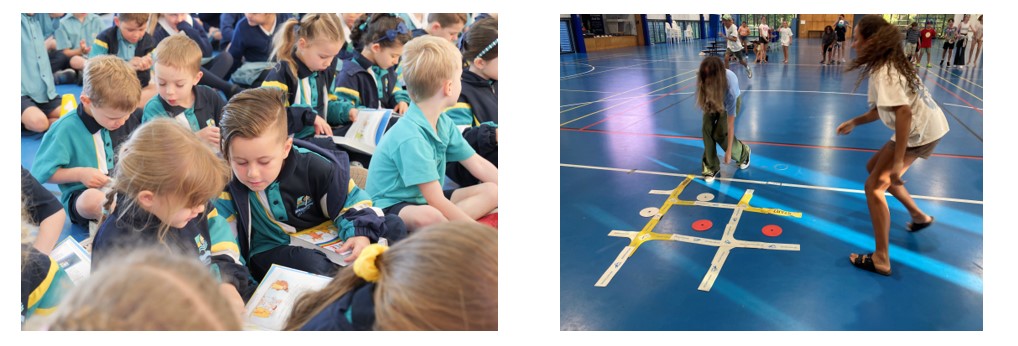
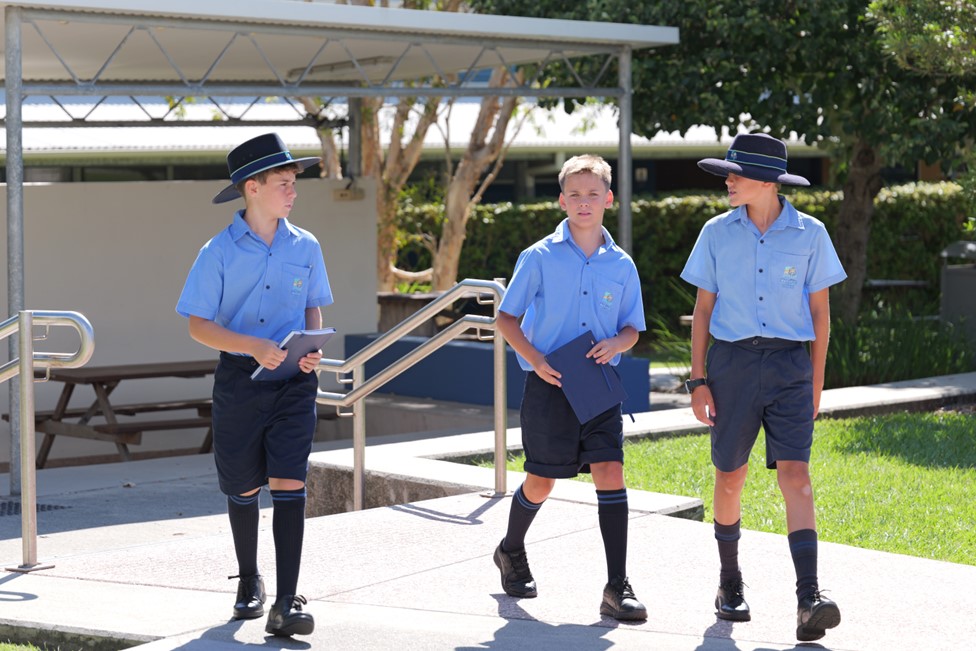






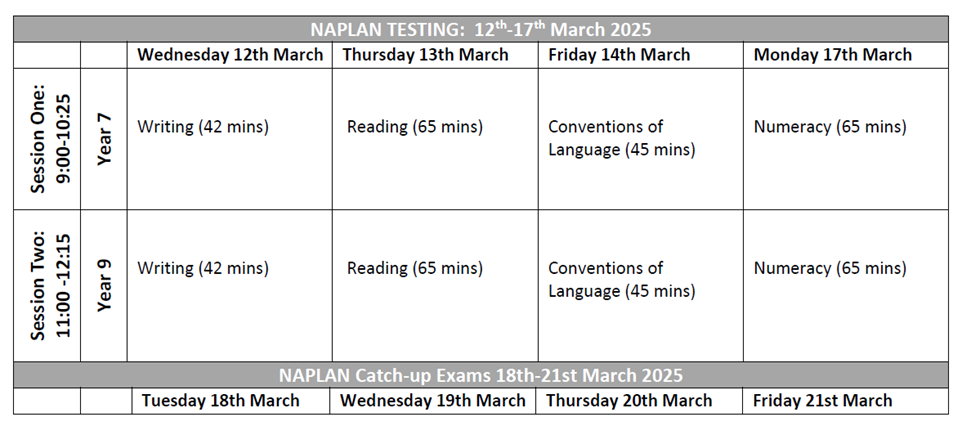
 The public demonstration site shows you and your child the type of questions that are asked in the NAPLAN tests at each year level. You can access the public demonstration site here:
The public demonstration site shows you and your child the type of questions that are asked in the NAPLAN tests at each year level. You can access the public demonstration site here: 

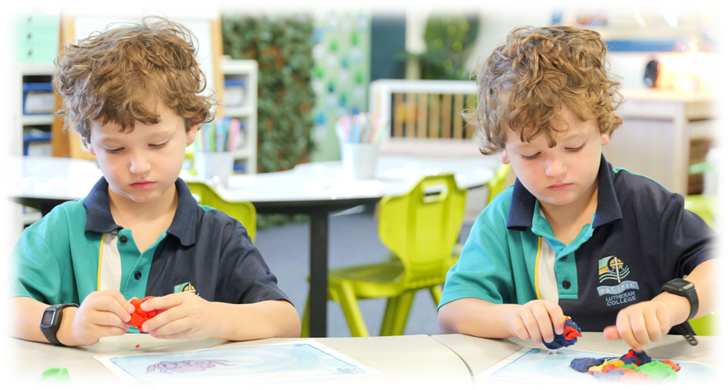


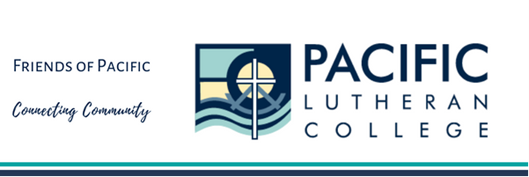

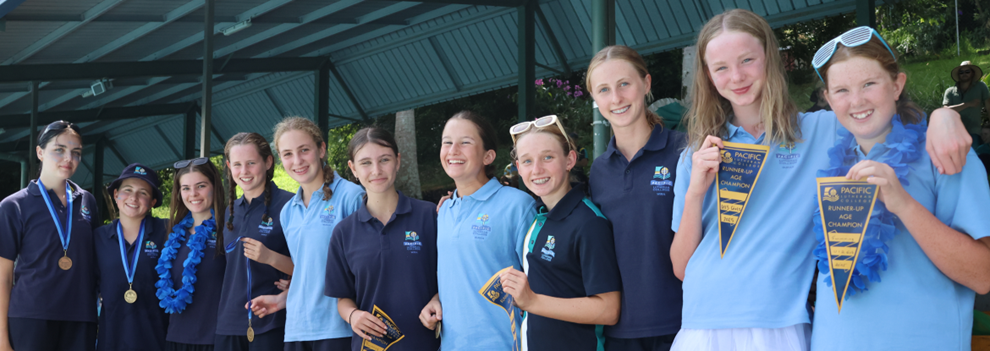

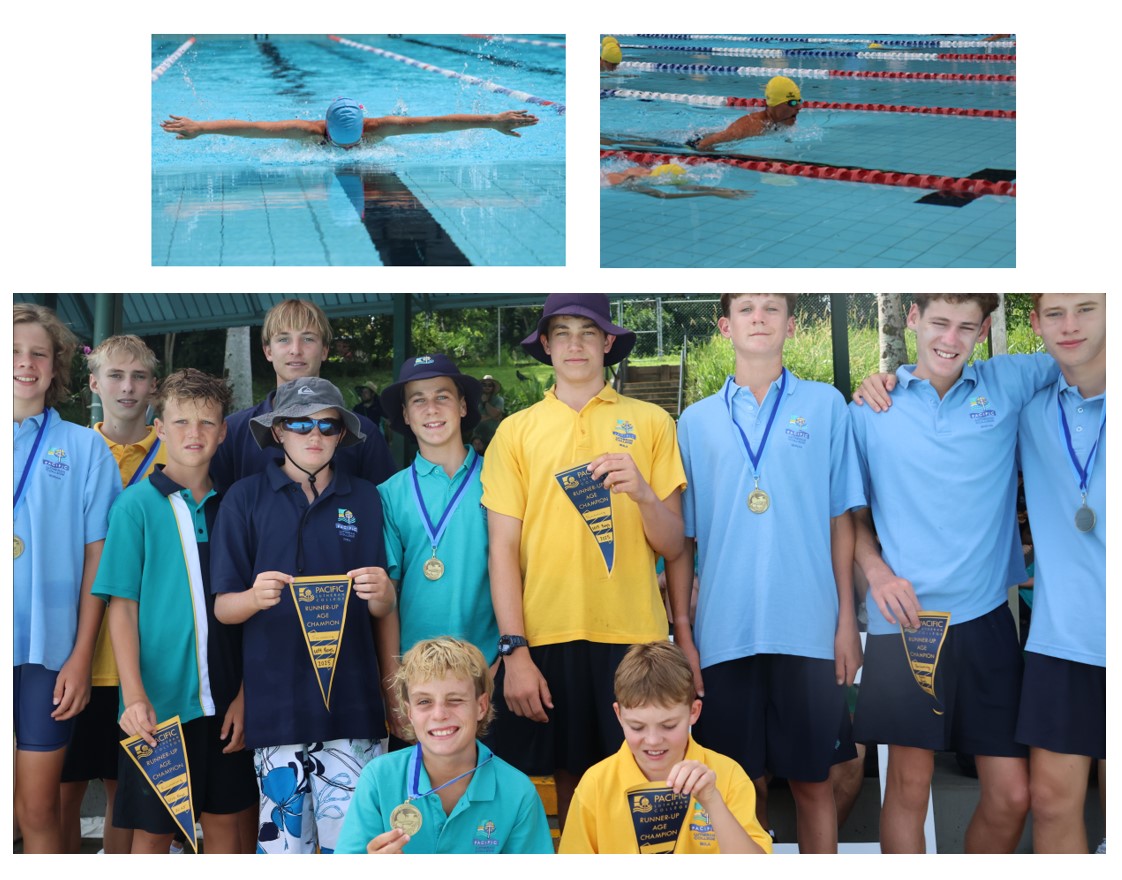
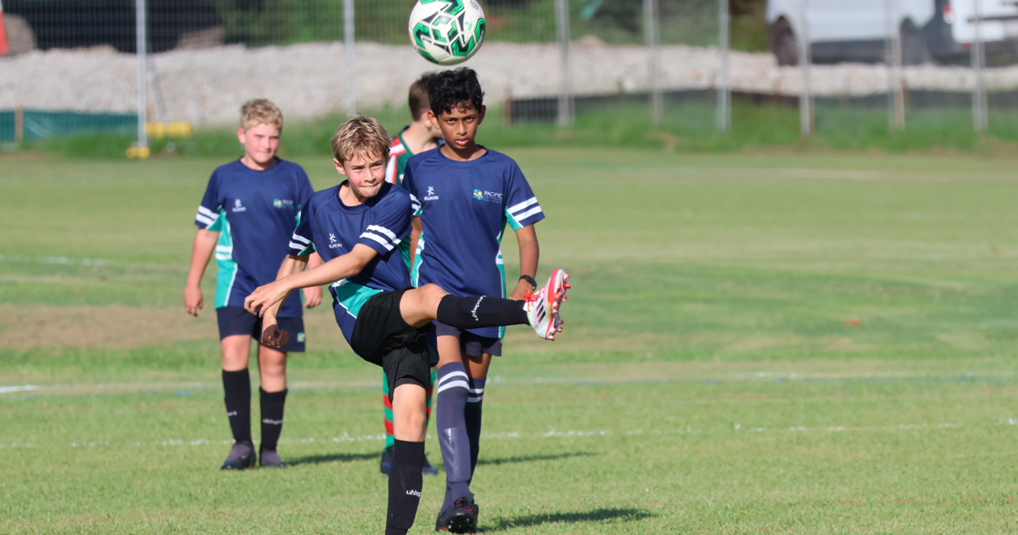

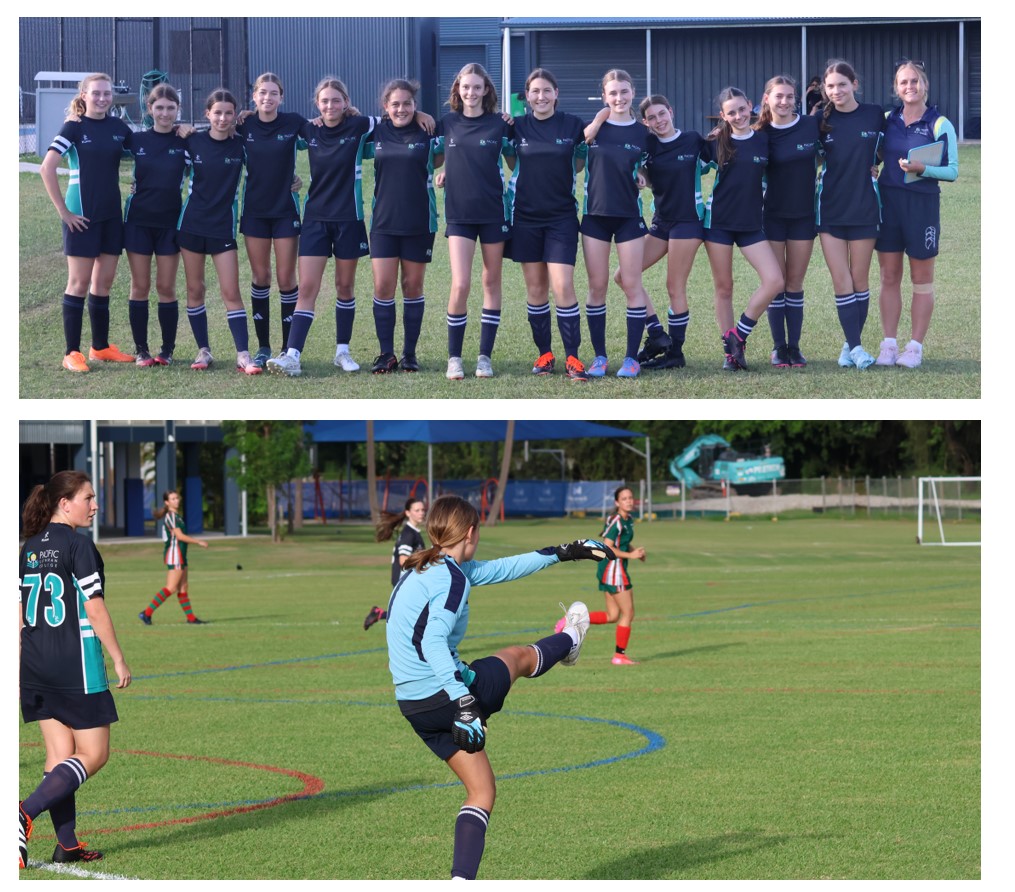


 enter a spot into one of these 3 teams. Well done!
enter a spot into one of these 3 teams. Well done!
